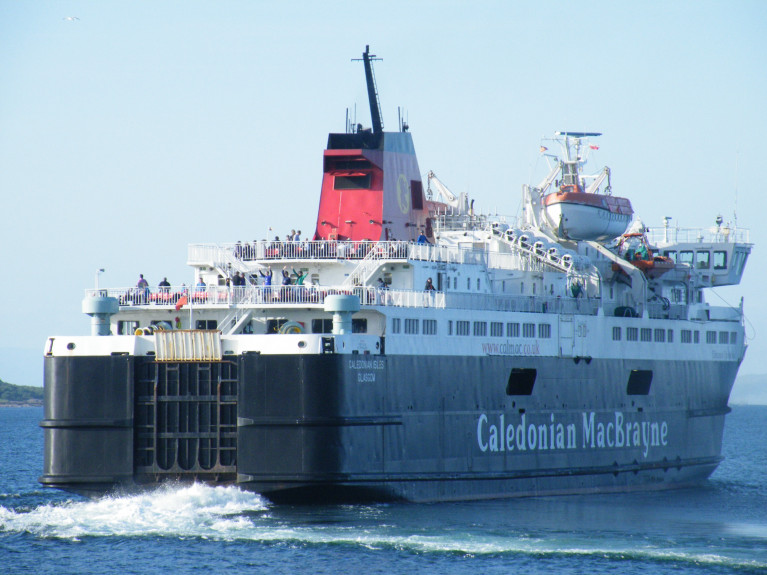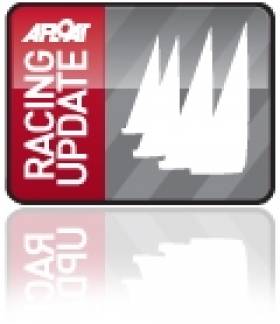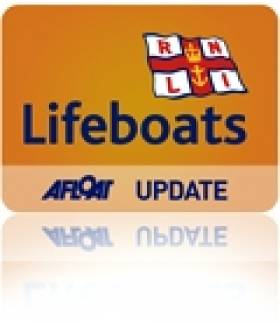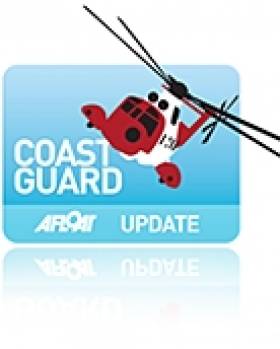Displaying items by tag: Police
Scottish police were called to deal with ferry passengers who refused to leave the Brodick terminal after they were left stranded on the Isle of Arran when the last sailing back to the mainland was cancelled (on Friday).
This came after the Arran ferry, MV Caledonian Isles, due to sail at 16.40 was diverted to assist a mayday distress call from a yacht that had lost its power around 4 pm.
Although the Caledonian Isles was stood down and returned to service, the 19.00 sailing was cancelled due to bad weather.
It was suspected that 40 passengers were left without accommodation, with some being forced to sleep in their vehicles during the bad weather.
For those on foot, they were told to seek alternative accommodation, even though the buses that could take them further out into the island had finished.
The island is currently at summer peak season and most accommodation was fully booked.
HeraldScotland.com has more.
Billy Duane Takes Fourth in World Police & Fire Games, Belfast
#rcyc – Royal Cork yacht club sailor Billy Duane came fourth for Ireland in the World Police & Fire Games sailing event in the Laser standard, on Belfast Lough at the weekend.
The action took place over 3 days at Ballyholme Yacht Club.
The start was delayed on Friday and despite two races starting, they were abandoned due to 30 knot winds. A change of course on the Saturday and a slight drop in wind facilitated four good races with Duane taking two thirds and a couple of fourth places.
Sunday started light but in the space of ten minutes the wind picked up to 18 knots and another 3 good races were had with Duane just missing out on a podium position.
Winner of the event, Jules Ferrer, is the French National Laser Champion and silver medalist Rob Cullen is Canadian champion in the former Olympic Star keelboat fleet.
Body of Irish Fisherman Recovered in Scotland
#NEWS UPDATE - A fisherman whose body was found in a Scottish harbour on St Stephen's Day has been identified as that of a 34-year-old Donegal man, the Belfast Telegraph reports.
Philip Anthony Toland, from Glengad in Inishowen, Co Donegal, was last seen on Christmas Day near the pier at Ullapool harbour in the Scottish Highlands.
As BBC News reports, concerns were raised later that evening and a search was launched involving police, coastguard and RNLI lifeboat teams.
The body was located by a police dive team in the sea near the pier when the search resumed on Monday morning.
It is being speculated that Toland - who has an eight-year-old son - may have slipped and fallen into the water while returning to his boat.
Red Bay Lifeboat Join in Search for Ballycastle Woman
The volunteer lifeboat crew assisted in an intensive shoreline search today along the coastline around Ballycastle from Fair Head to Kinbane head.
The lifeboat was joined in the shoreline search by local Coast Guards and the Police helicopter in the search, which lasted several hours.
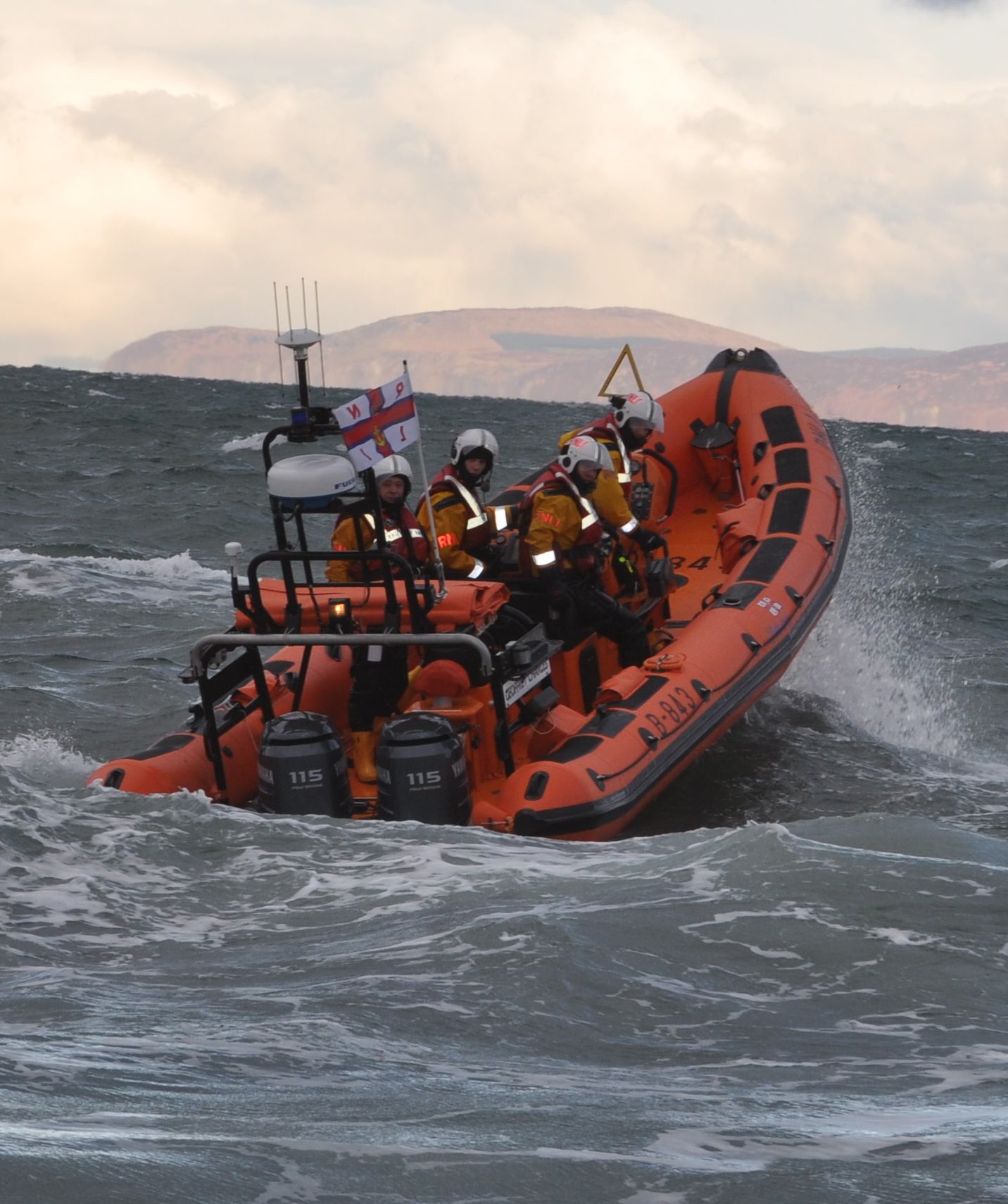
Red Bay RNLI Lifeboat searching near Ballycastle
Weather conditions for the search were difficult with strong gusty winds.
Nothing was found in the operation, which lasted several hours.
The search continues throughout the Ballycastle area.
Missing Surfers Found in Cave
Coastguard and Lifeboat services were pressed in to action early this morning to search for missing surfers on the North Coast.
At 02.20 am MRCC Belfast received a call from Police Service Northern Ireland reporting that they had received a call from a lady reporting that her son had not returned from a surfing trip with a colleague.
They had gone surfing at 6.00 pm yesterday evening and were due to return at 11.30 pm.
Belfast immediately called out the Coleraine Coastguard rescue team and requested the launch of the Portrush RNLI lifeboat and inshore lifeboat. The Coastguard helicopter R118 from Sligo, Ireland was also scrambled. PSNI officers with dogs were also assisting in the search.
A search was initiated based on the location of their car which was located at Whiterocks car park containing their personal items and their board covers.
At 3.45 am this morning, the two surfers emerged from a cave. They had gone surfing when one of the surfers sustained a head injury when thrown onto the rocks by the waves. They went into a cave to shelter. They think had been there 6 hours could not get out due to the waves. They were waiting until waves subsided, saw the boat and came out of the cave when a little shore line appeared. The men then went onto the road and met the Coastguard search team.
Liam Colquhoun, Watch Manager Belfast said:
We are pleased that the two men have been located. They have declined any medical treatment and have gone home.
The two men had done the correct thing in making sure that a shore contact knew when they were due to return from undertaking their activity.
If you see someone in trouble at sea or on the coast, Dial 999 and ask for the Coastguard.



























